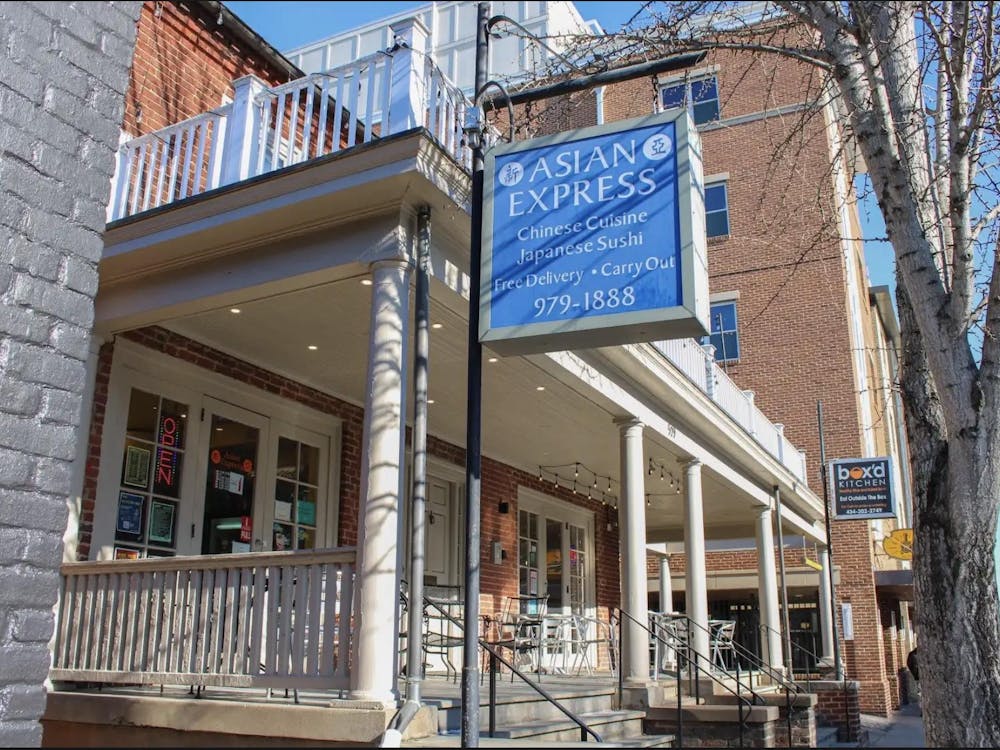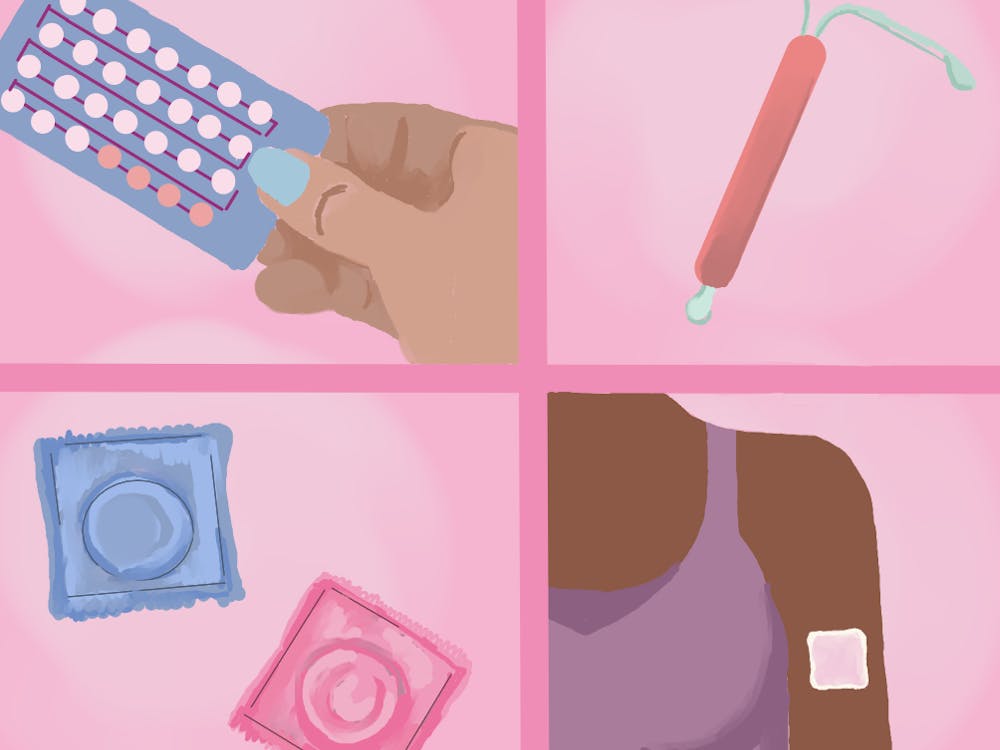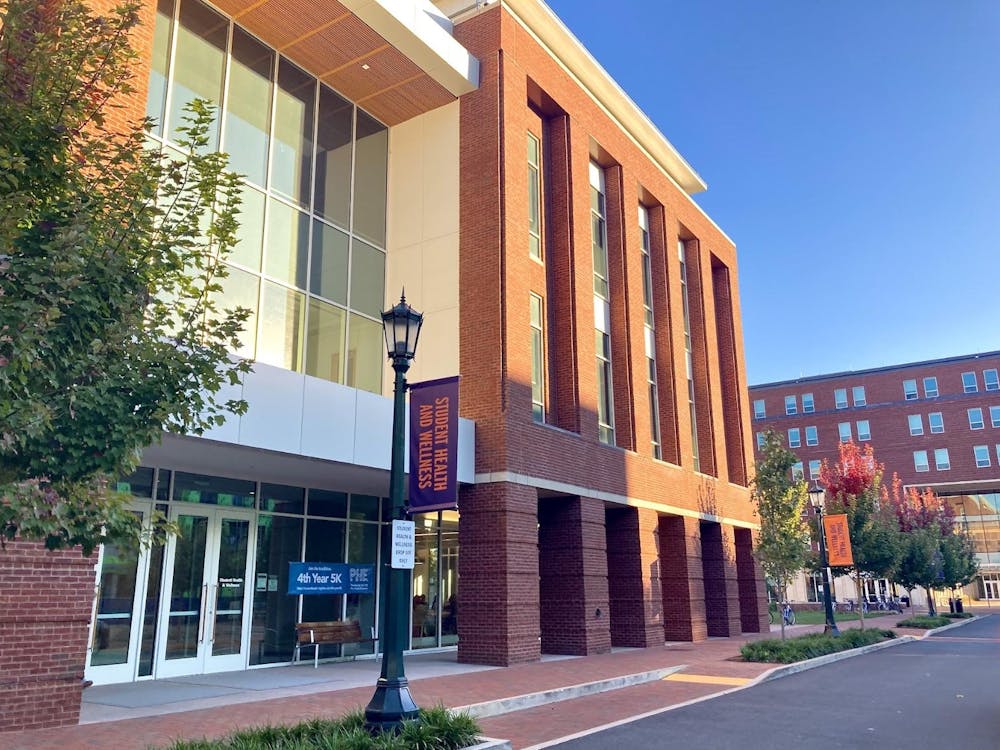I was in Europe this summer. I could tell you what I learned at the Tate Modern, what I realized in Normandy, what I came to understand on the Underground. But we’ll save all that for the next cocktail party. Instead, I’ll tell you what I saw when I came back; a very real and troubling vision of myself among a very real and troubling vision of many selves.
I believe that most middle class college kids deal with the same paradoxes. My parents can pay for my tuition, but I don’t have any money to go out to dinner. My parents make me get a job, but I have to drive to it — in the $20,000 car they bought me. My apartment is so far away from bars. My life is very busy, very difficult, full of classes and worries and part-time jobs.
So many times I’ve found myself play-arguing with my boyfriend, my roommates, my mother. I have it worse: I’m busier, I work harder. I have the most on my plate. We aren’t really arguing — we’re smiling and joking and throwing out the usual self-deprecating niceties. But I can feel it, simmering right below the slightly forced laugh. The underlying tension.
We’re trying to answer the question: How do I distinguish myself from my peers? Yeah, yeah we’re all unique and different but the fact that we can all afford to go to college and plan our futures sets us apart from the majority of the population — and renders us all very much the same. Makes us all very lucky. But being lucky and happy and successful is boring. There’s no fodder for stories in this kind of middle class college life.
So we argue. Through our teeth, under our breath. My classes are more difficult. My waitressing job is more exhausting than your internship. And on and on.
Even when I realized the troubling truth that I was trying to have it worse than everyone else, it still took me a while to figure out a way to have it just the same. Or better. Or anything other than those conversations marked by deep sighs and exchanged through clenched teeth.
I tried to relate to other people I work with. They aren’t just waitressing for pocket money — they have bills to pay. I empathized as much as I could, as deep and hard as my bounds of imagination would allow me. I know that in a few years this will most likely be my fate.
But I couldn’t make the leap. That hazy future isn’t now, that isn’t frightening — yet. I thought closer to home: friends I know who take hard classes, work part time, have to pay a lot of their bills. Again, I was struck with feelings of admiration, disbelief, even envy — they really do have it worse!
I cannot relate. I cannot relate to starving kids in Africa when there’s still food on my plate — especially since I rarely leave food on my plate. I cannot relate to someone whose parents do not support their future — even my geologist father, worrying and prodding and questioning my intentions, finds my reading and writing interesting, as long as that is what I love. I cannot relate to my best friends! And believe it or not, my identical twin and I have those under-the-breath arguments about doling out portions of ranch at our horrible, tiring jobs.
Why do we compare ourselves to others? How could we ever find an accurate scale on which to base our observations?
I want to stop comparing myself to others. The only person I know so well, better than anyone else, is myself. I will never know if I have it worse than the girl next to me.
And even if we mapped it out, constructed some formulas to work with, what would we gain from that knowledge?
What I do know is that 21-year-old Connelly has it better than 16-year-old Connelly. I know that 21-year-old Connelly yearns for parts of her 10-year-old self. That three months ago Connelly had it worse than she does now. I can even predict that 23-year-old Connelly will have it much worse than Connelly of today.
I’m not saying that we cannot learn from others. That would kind of ruin the whole idea of human connections and relationships. But I do think that we yearn, that we yearn so deeply to be important. That when everything is good, we want something to be bad — so that we matter, so that we can let everyone know that we matter. I want to pull that inwards. I cannot let go of the feeling that the hard work I put into (fill in the blank) must mean something, to someone. So I’ll let it mean something to me.
The three miles I run to convince myself that I can still run are nothing compared to the six miles 19-year-old Connelly clocked every day. But 19-year-old Connelly didn’t get as good grades as I do.
I move back and forth in the memories of my existence. I can do better, but couldn’t I also do a lot worse? My roommate says she had a hard day at work. I bite my tongue and resist the urge to recount my own day. For today, let’s just be the same. Let’s have it good, let’s have it better.
Connelly’s column runs biweekly Wednesdays. She can be reached at c.hardaway@cavalierdaily.com.





